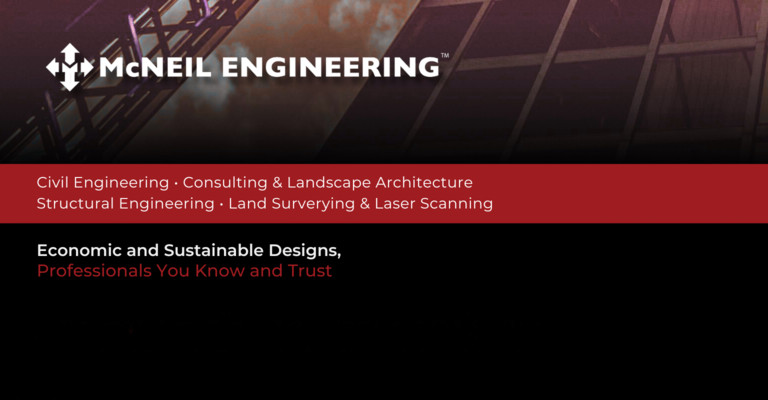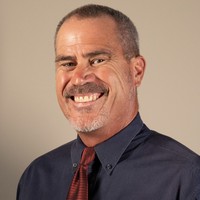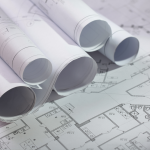 Today we’re going to cover a topic that sounds deceptively simple, but makes all of the difference in knowing where to turn for your important projects. That’s right, we’re going to define our terms to outline the difference between a structural engineer and a civil engineer, and when to contact each.
Today we’re going to cover a topic that sounds deceptively simple, but makes all of the difference in knowing where to turn for your important projects. That’s right, we’re going to define our terms to outline the difference between a structural engineer and a civil engineer, and when to contact each.
Let’s start laying the foundation by defining what it means to be an engineer. (The definition below comes from the Oxford English Dictionary.)
Engineer
- Noun. A person who designs, builds, or maintains engines, machines or structures.
- Verb. To design or build, modify, or skillfully arrange.
The above definition is deceptively simple, because it covers a LOT of territory. And if you’re in public works, a private contractor, lead a construction crew, are a business owner, need someone to work with an architect, or manage a road crew, you’ll need to know what kind of engineer to turn to when you are looking for design, consulting, and expertise.
So, let’s consider the differences between structural engineering and civil engineering.
Civil Engineering
Broadly put, civil engineers “conceive, design, build, supervise, operate, construct and maintain infrastructure projects and systems in the public and private sector, including roads, buildings, airports, tunnels, dams, bridges and systems for water supply and sewage treatment.”
Civil engineering is considered to be the oldest branch of engineering, because the scope of the profession includes the ENTIRE built environment. That means civil engineers work on more than just buildings. They are involved in roadway projects, landscaping, bridges, and so much more.
They must consider any potential risks to design infrastructure systems that will withstand challenges that include growth, natural climate changes and weather. For that reason, a professional civil engineer must also be an expert problem solver that can foresee problems, and come up with solutions — and all within the dictated budget — to collaborate with teams of other professionals that work on projects.
You can read more here about how the McNeil team of civil engineers has had an impact on the Greater Salt Lake City area to get an idea of how this works to shape a community.
Structural Engineering
A structural engineer works within the discipline of civil engineering. Structural engineers focus on the design and structural integrity of buildings, and often work with architects and construction crews.
Where a civil engineer is concerned with the “big picture” (so to speak) of the entire built environment, a structural engineer focuses on the design and physical integrity of the building, bridge, or other large scale project within the built environment.
Just consider. Structural engineers must focus on solving technical problems to help an architect achieve the vision for the project. They are also often called in to provide investigation, survey and analysis ahead of a project to determine suitability. They also work closely with construction teams to make determinations that impact the safety, sustainability and integrity of the building, tunnel or bridge during the course of a project.
For example, this may often mean that a structural engineer is asked to provide analysis of concrete, steel, masonry, and timber design desired for a project. Or, they might be asked to do a study of how a natural disaster might impact the integrity of a building, and what must be done to upgrade and ensure safety.
Structural engineers also provide design to repair, retro-fit, and re-strengthen buildings, either as part of a historic preservation process, or in the course of updating a building that no longer meets safety codes, or has been damaged beyond use.
They also “lay the groundwork” for projects by determining the suitability of building sites. You can read more about the structural engineering service provided by the McNeil team here.
Need more information? For more than 35 years, McNeil Engineering has been a trusted partner in the mountain west states. Visit us online, and then don’t hesitate to get in touch for more information. We look forward to working with you!








